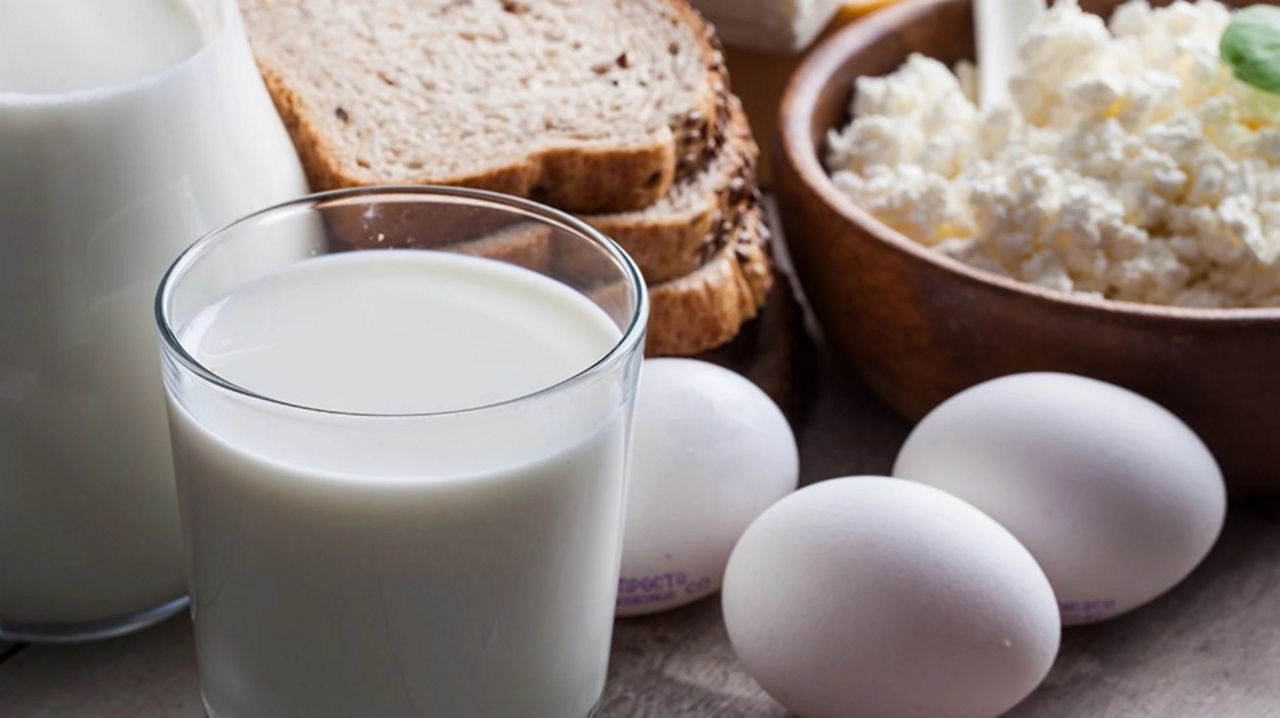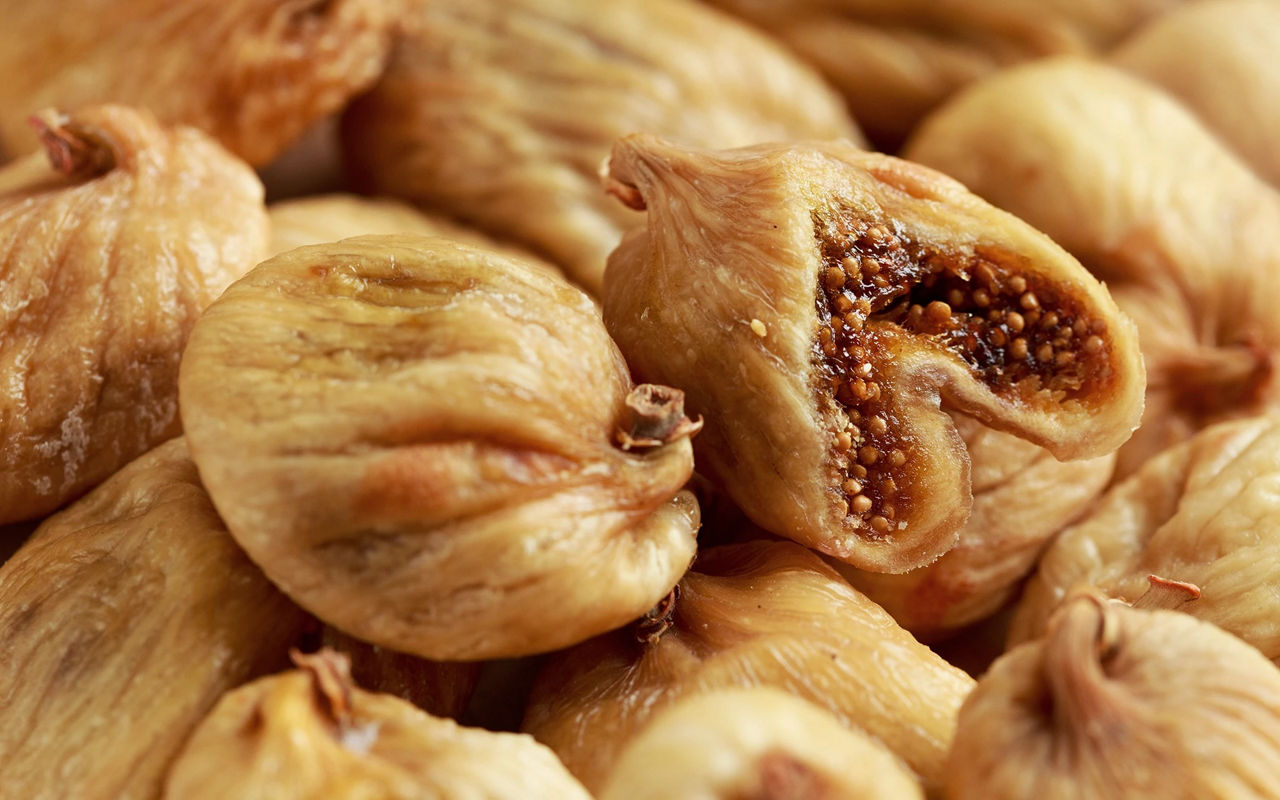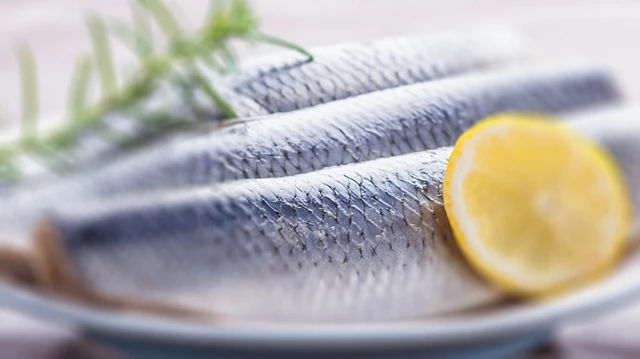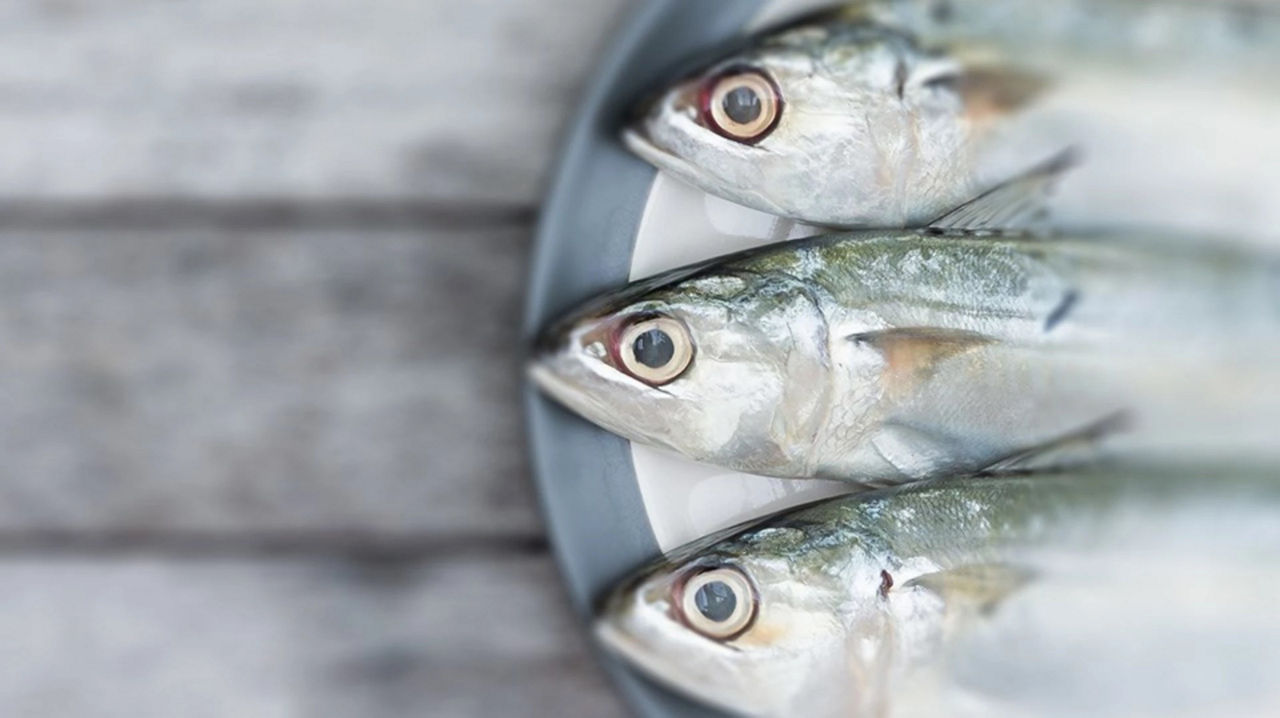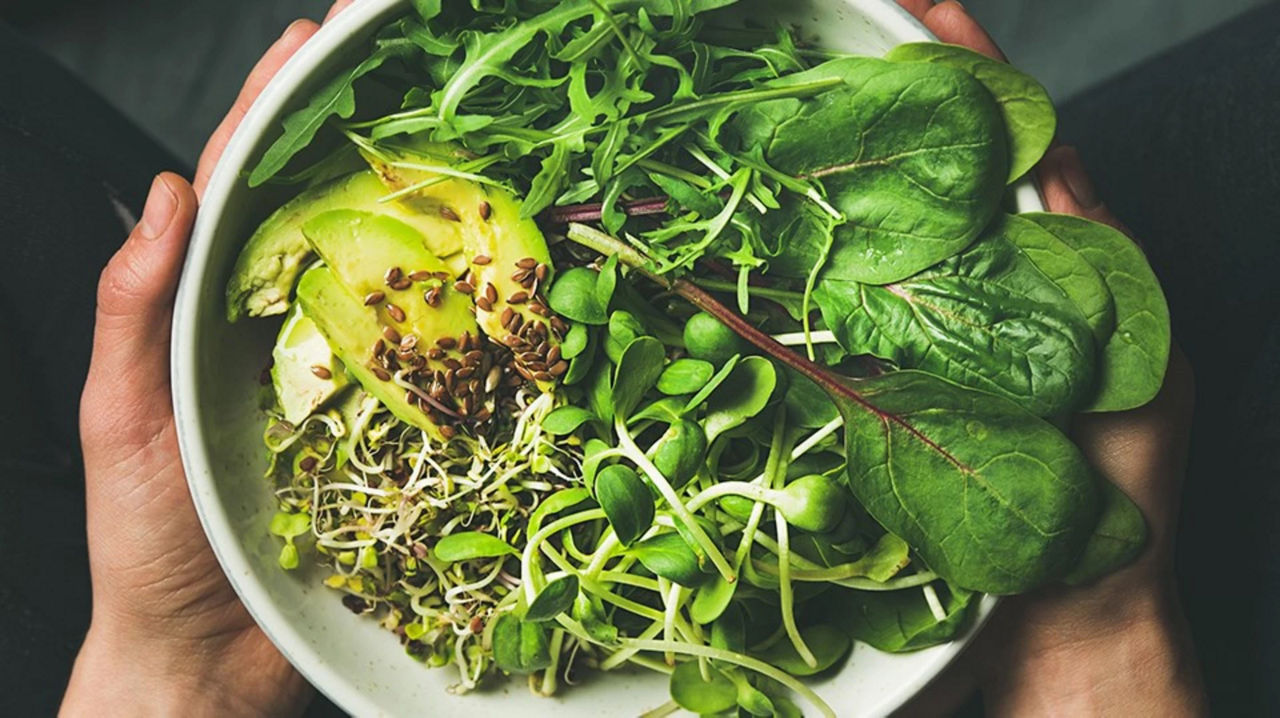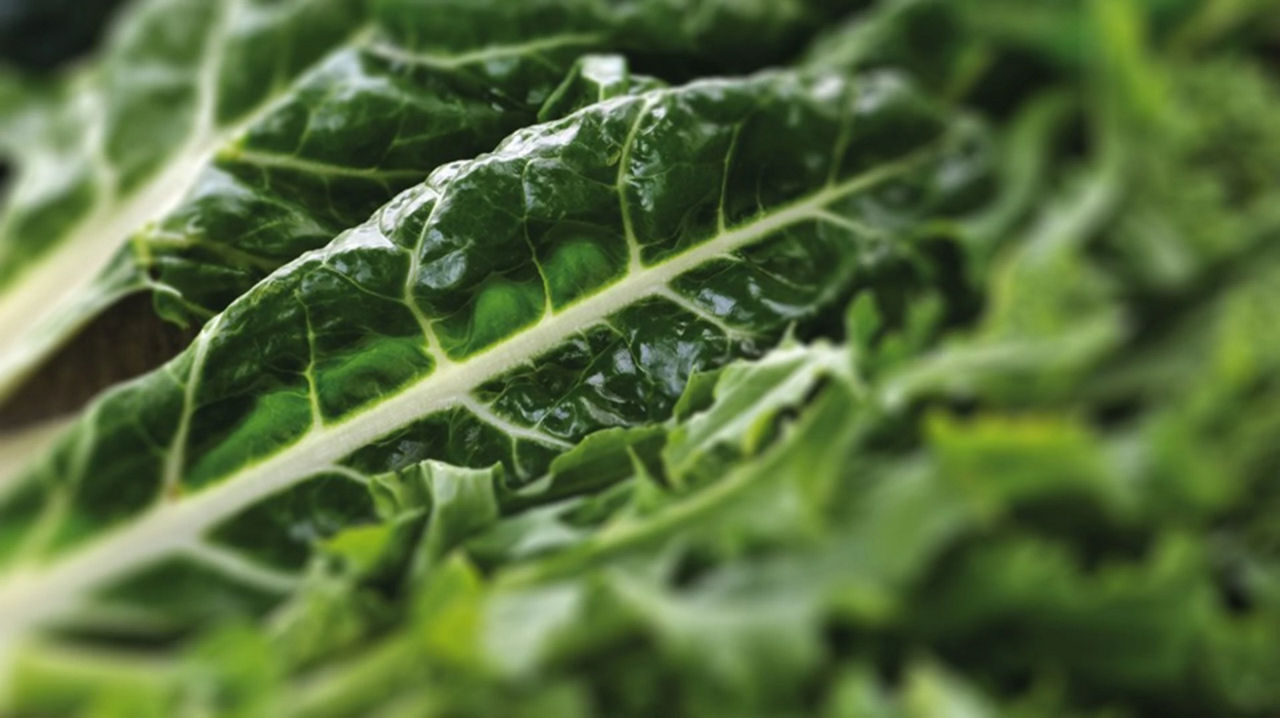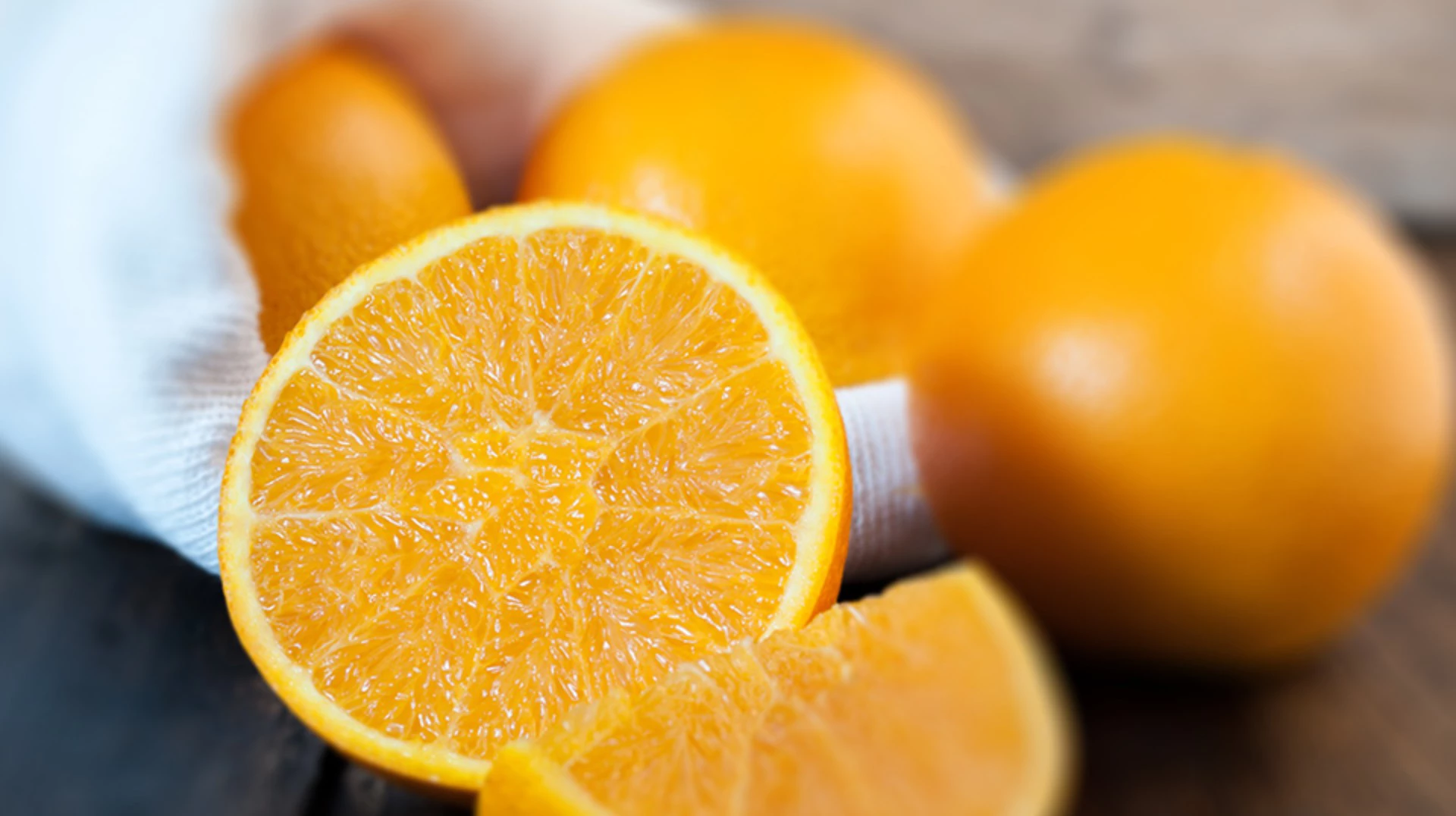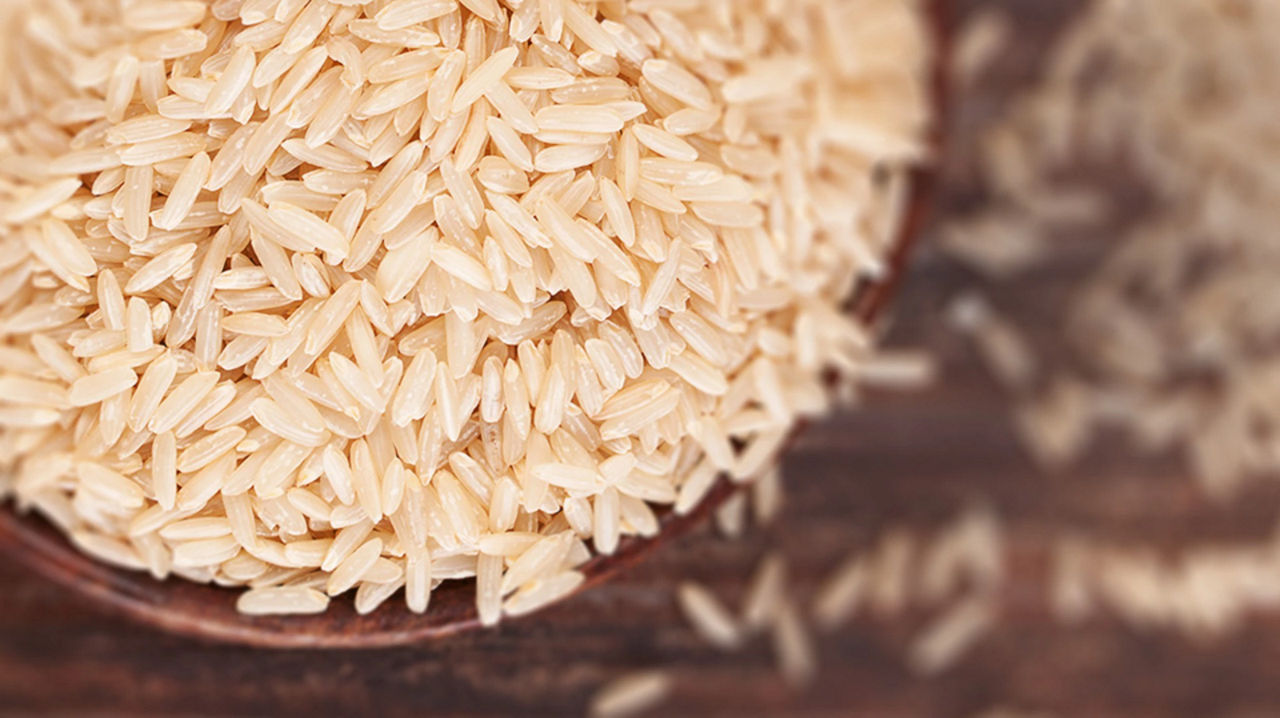Widely recognised for its importance in the normal development of bones and teeth, calcium is an essential nutrient for your baby throughout pregnancy.
But calcium is more than just a bones and teeth builder. As well as forming and strengthening the hard structures of your baby’s body, this easily obtainable mineral is needed by every single cell. It is present in tissues and body fluids, and has various functions, including helping muscles and nerves to function, aiding digestion and enabling blood to clot.
According to one study, an adequate intake of calcium in pregnancy may also help to reduce the risk of pre-eclampsia and preterm birth.
